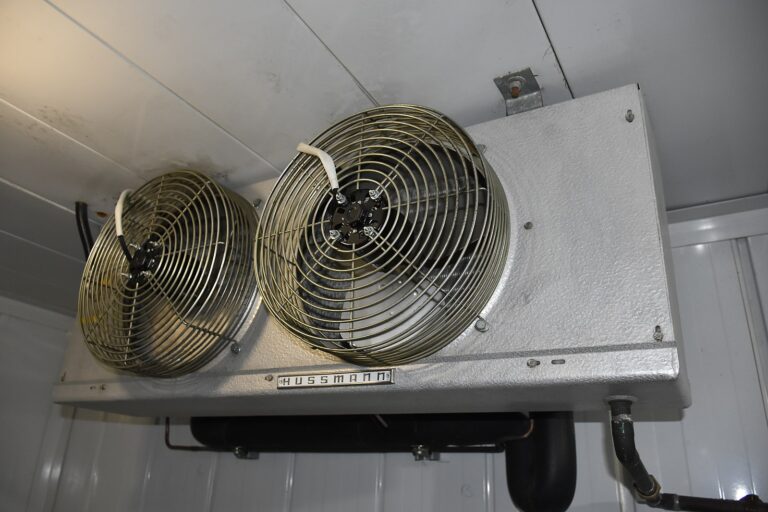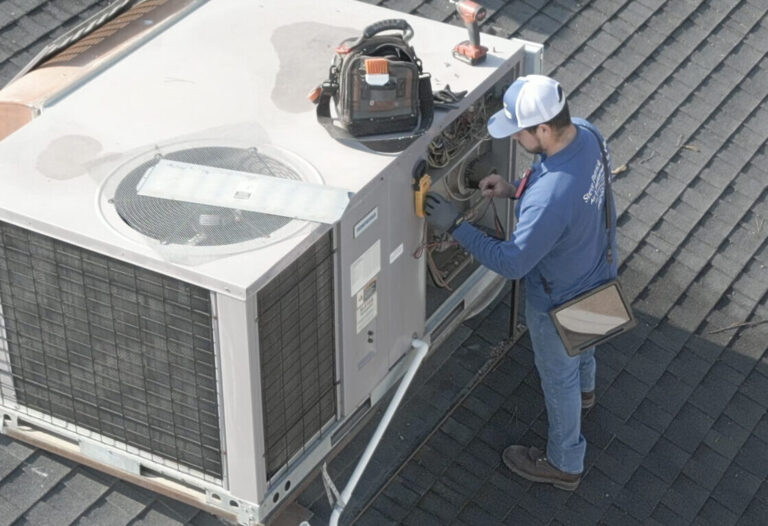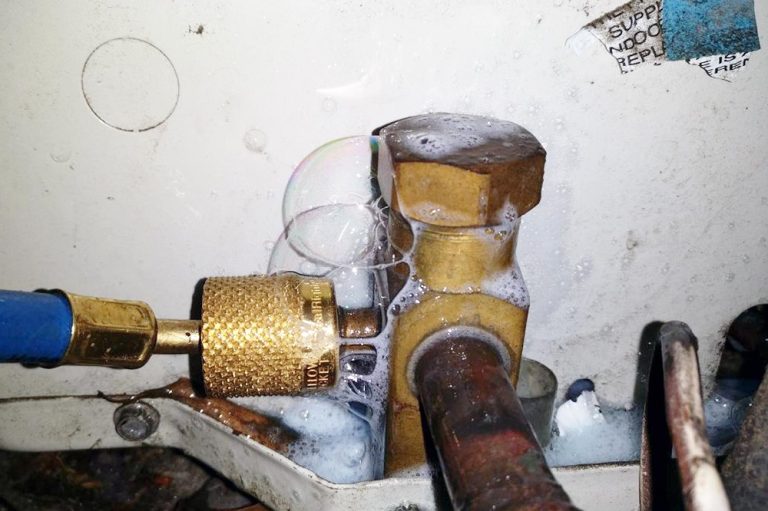Choosing the right size air conditioner is crucial for ensuring comfort, energy efficiency, and optimal performance. An AC unit that’s too small will struggle to cool your home, while one that’s too large will cycle on and off frequently, leading to increased wear and higher energy bills. To find the perfect air conditioner size for your home, follow these steps:
1. Calculate the Square Footage of the Area
First, measure the square footage of the area you want to cool. If you are cooling multiple rooms, measure each room individually and then sum the total. For rectangular or square rooms, multiply the length by the width. For more complex room shapes, divide the room into smaller, manageable shapes, calculate each area, and then add them together.
2. Determine the Cooling Capacity Needed
Cooling capacity is measured in British Thermal Units (BTUs) per hour. As a general rule of thumb, you need about 20 BTUs per square foot of living space. Use this formula to estimate the required BTUs:Required BTUs=Total Square Footage×20\text{Required BTUs} = \text{Total Square Footage} \times 20Required BTUs=Total Square Footage×20
For example, if your living space is 500 square feet:Required BTUs=500×20=10,000 BTUs\text{Required BTUs} = 500 \times 20 = 10,000 \text{ BTUs}Required BTUs=500×20=10,000 BTUs
3. Adjust for Room Characteristics
Several factors can influence the cooling capacity needed for a room:
- Ceiling Height: Higher ceilings require more cooling power. If your ceilings are higher than the standard 8 feet, increase the BTU capacity by about 10% for every foot above 8 feet.
- Sun Exposure: Rooms with large windows or those that receive direct sunlight require more cooling power. Increase the BTUs by 10-20% for rooms with significant sun exposure.
- Insulation: Poorly insulated homes or rooms need more cooling power. If your home has good insulation, you might reduce the BTUs slightly.
- Room Occupancy: Add 600 BTUs for each additional person beyond the first two who regularly occupy the space.
- Appliances and Electronics: Rooms with heat-generating appliances, like kitchens, need more cooling capacity. Add about 4,000 BTUs for such rooms.
4. Consult with an HVAC Professional
While these calculations provide a good estimate, several other factors might affect the ideal size of your air conditioner, such as local climate conditions, the layout of your home, and specific cooling preferences. Consulting with an HVAC professional ensures you select the most efficient unit for your needs.
Ready to Find the Perfect Air Conditioner?
For a precise assessment and to find the ideal air conditioner size for your home, contact Steve Patrick Air at 559-224-1729. Our experts will help you choose the right AC unit and ensure a comfortable, energy-efficient home.
Follow us on Facebook!
Learn about financing here!






